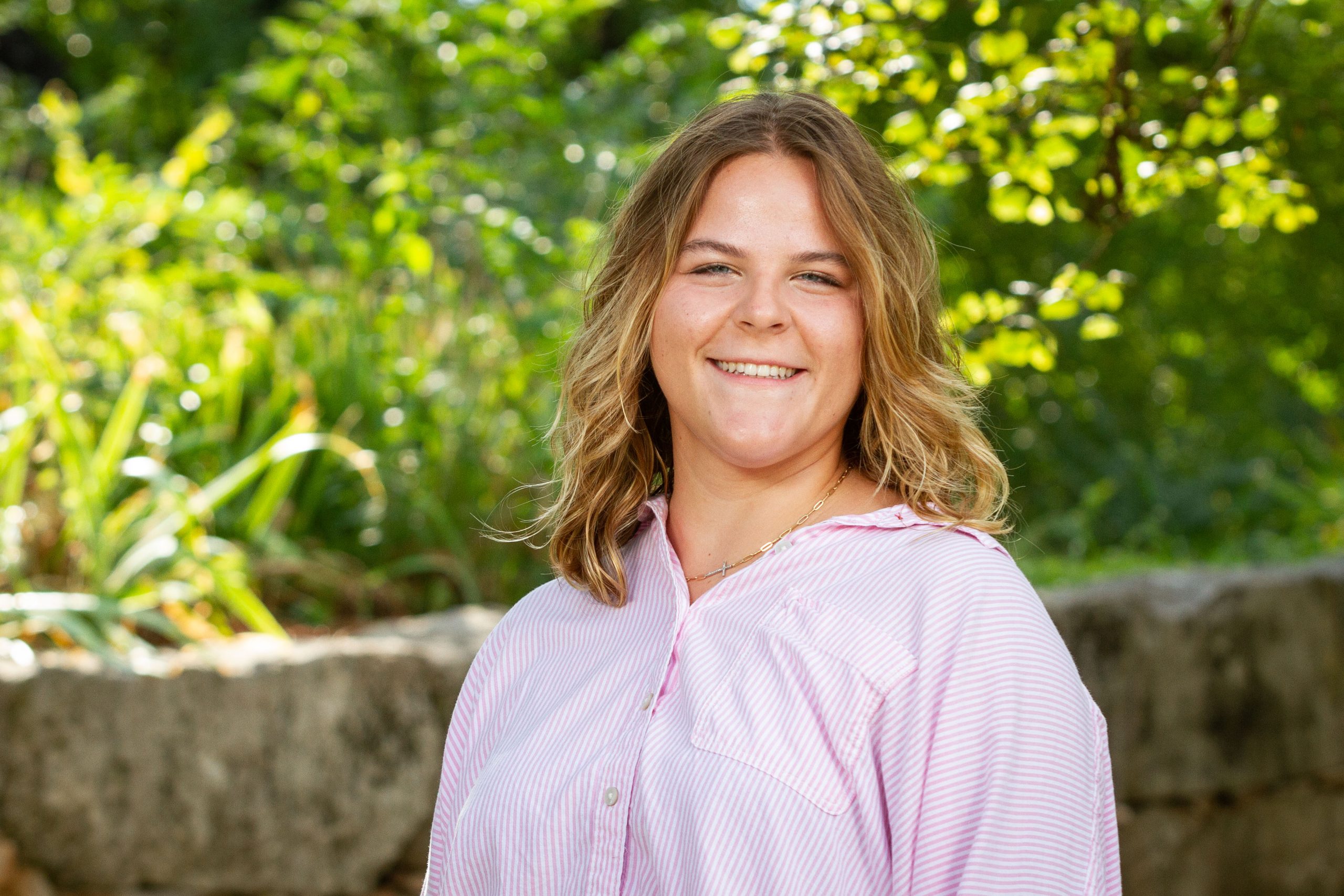Cincinatti Equirer names Gatton Academy “educational gem and economic development tool”.
November 19, 2008 | News, Student Success | No Comments
The following editorial appeared in the November 8, 2008, edition of the Cincinatti Enquirer. It has also appeared in newspapers around the state in recent weeks. The Academy is glad to have the support of students, parents, educators, businesses, government officials, and others around the Commonwealth. It is when we all work together that opportunities can be created and shared.Too little has been written about Kentucky’s Gatton Academy of Mathematics and Science.
The program is both educational gem and economic development tool. Each year it allows 60 of the Commonwealth’s brightest math and science high school students to spend their junior and senior years in a residential program at Western Kentucky University. The goal is to keep native talent in state, both as college students and as high-skilled workers.
It takes courage for 16-year-olds to leave their home and move onto campus, and guts for their parents to let them. But at the end of the two years, the students will have a high school diploma and 60 hours of college credit. Most then enter college as juniors, at age 18.
For the students, it’s the chance to move at an accelerated pace in rigorous courses, something many couldn’t do in high school. When these gifted kids – many from small towns – get the chance to fly, they grab it. In similar established programs across the country, students’ classroom grades and SAT and ACT scores have shot up markedly.
For their parents, it’s two years of free college room, board and tuition. (A similar academy in North Carolina also awards its graduates full scholarships to any state university.)
For the Commonwealth, it’s a grow-our-own incubator for scientists, engineers and mathematicians. At the Texas Academy of Mathematics and Science, after which the Kentucky program is patterned, 67 percent of alumni have stayed in Texas, a significant retention of state talent.
Kentucky is hoping for the same – and to climb out of its 47th rank for number of in-state scientists and engineers.
Kentucky is one of 15 states to offer such an academy; Kansas will open one next year. While Ohio does not have a similar residential program, its Seniors to Sophomores allows high school students to complete their senior year on a college campus and bank college credit.
Besides the obvious benefits – retaining talent, saving families money, serving gifted kids better – these high school-college partnerships tear down the walls between K-12 and higher education. They require high school and college staffs to collaborate. They help families and educators to look at education as a continuum. And they ease the transition from high school to college.
The academy’s admission season is just starting. We hope lots of talented Kentucky students apply. This program is a winner for everybody.


